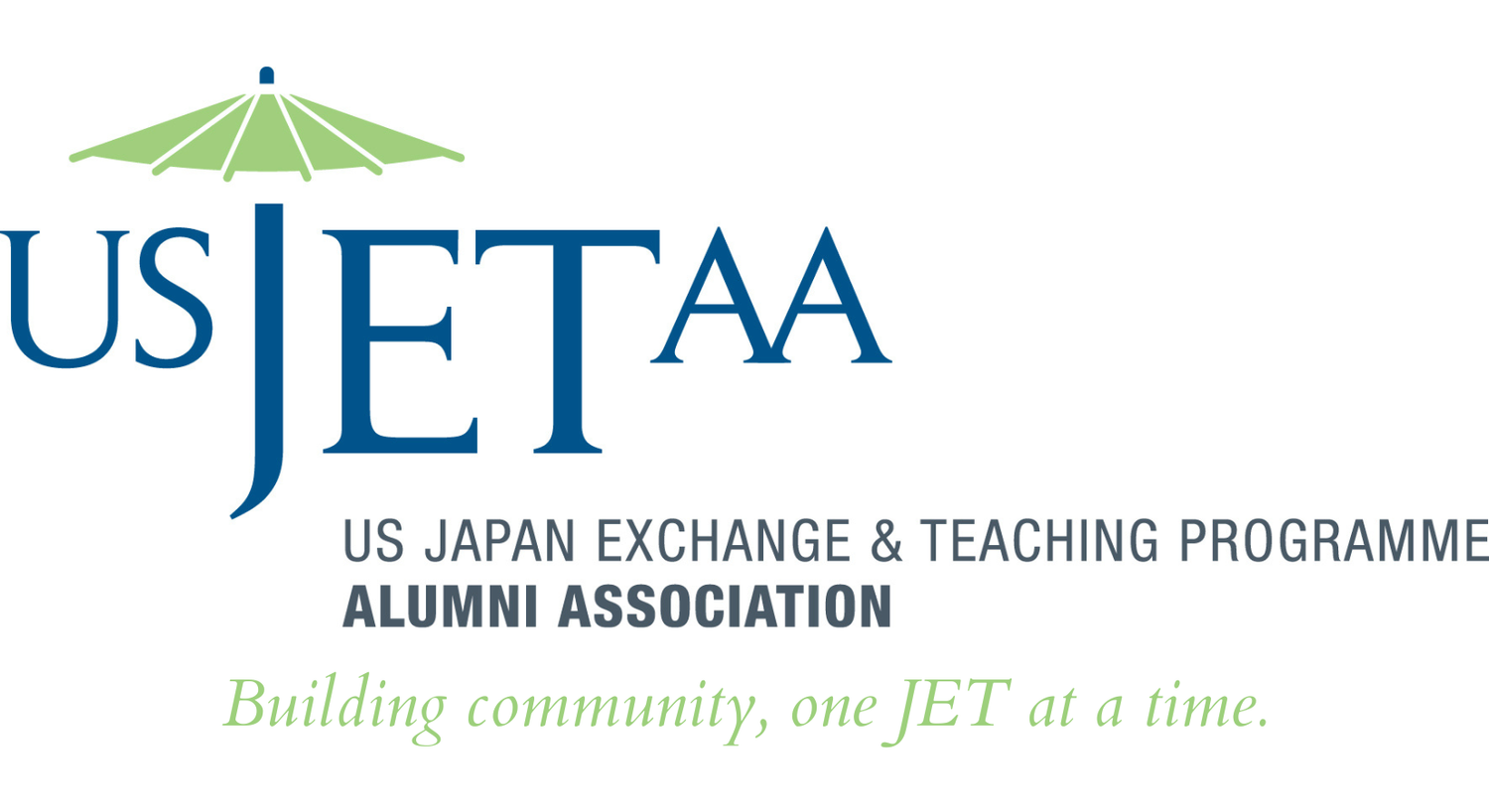The Changing Role of English Teachers in Japan
SAREEN PALASSIAN (Miyagi, 2016 - 2018)
Multiculturalism isn’t always the first thing that comes to mind when thinking of Japan. In a language focused on wa, or harmony – heiwa (peace), wagutsu (indoor shoes) and wagyu (Japanese beef) exemplify how wa has taken on a meaning of Japanese traditionalism – diversity can be entirely foreign. One might even feel, strolling through the Tokyo suburbs, that the mere idea of English is not very wa: English help is notoriously hard to come by. To the fatalistic, wa represents an all-inclusive, immutable package of Japanese language, ethnicity, nationality, and identity incompatible with the foreign, and thus with English education.
However, stars like athlete Naomi Osaka and pageant queen Priyanka Yoshikawa are redefining what it means to be Japanese by embodying diversity. Not only does their physical appearance subvert preconceptions of Japanese identity, but their multilingualism and ability to move through cultures reinforce their status as global role models. The values they stand for are essential for Japan gearing up for the Olympics and taking on foreign workers, both of which entail a stronger emphasis on English.
As Osaka and Yoshikawa are unable to visit every English class in Japan, Assistant Language Teachers (ALTs) are fine substitutes. The job is far from glamorous, and full of uncertainties—a fear common to all ALTs is being a “human tape recorder,” simply reciting textbook passages. Yet, ex-JETs are a significant source of soft power because of their cross-cultural skills. My journey in explaining diversity to my students helped me discover my own soft power, though not without its challenges. . . .
About the Author
Sareen Palassian served as a JET Programme Assistant Language Teacher in Sendai, Miyagi Prefecture, from 2016 to 2018.
About Japan Matters For America
This article is part of a guest-contributor partnership between the East-West Center in Washington and USJETAA in which former JET participants contribute articles relating to their experiences in Japan.

